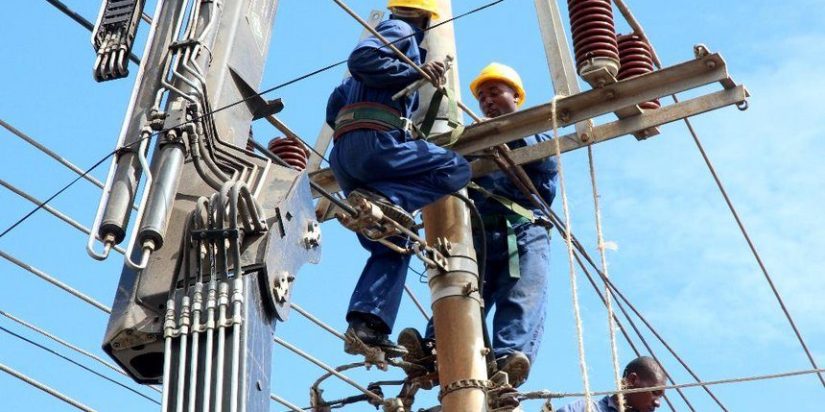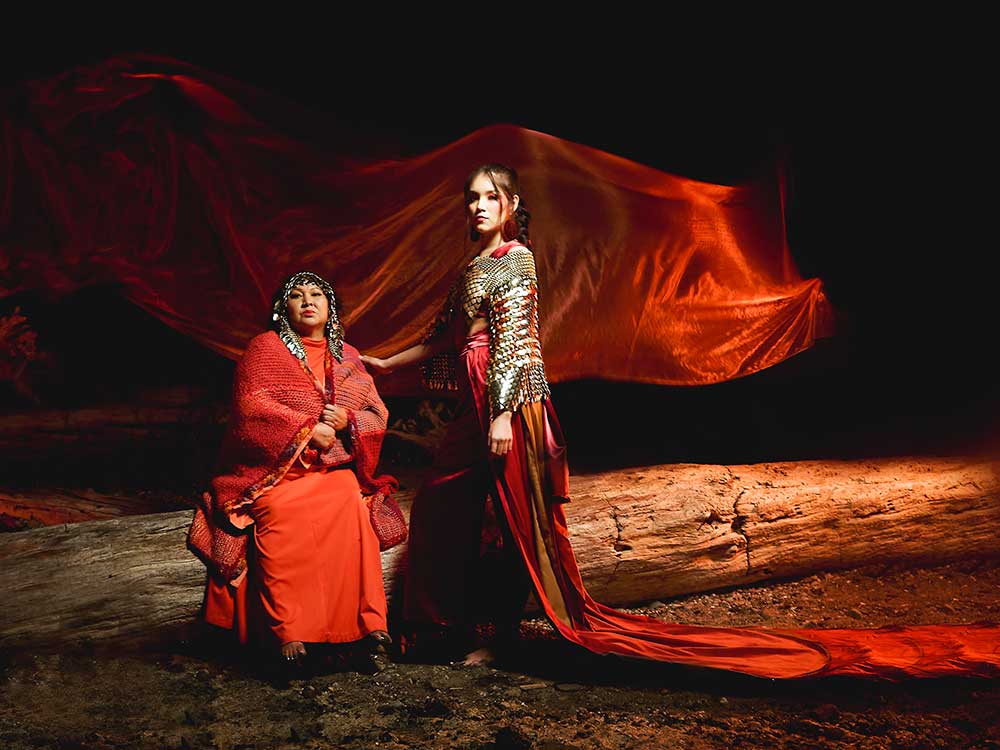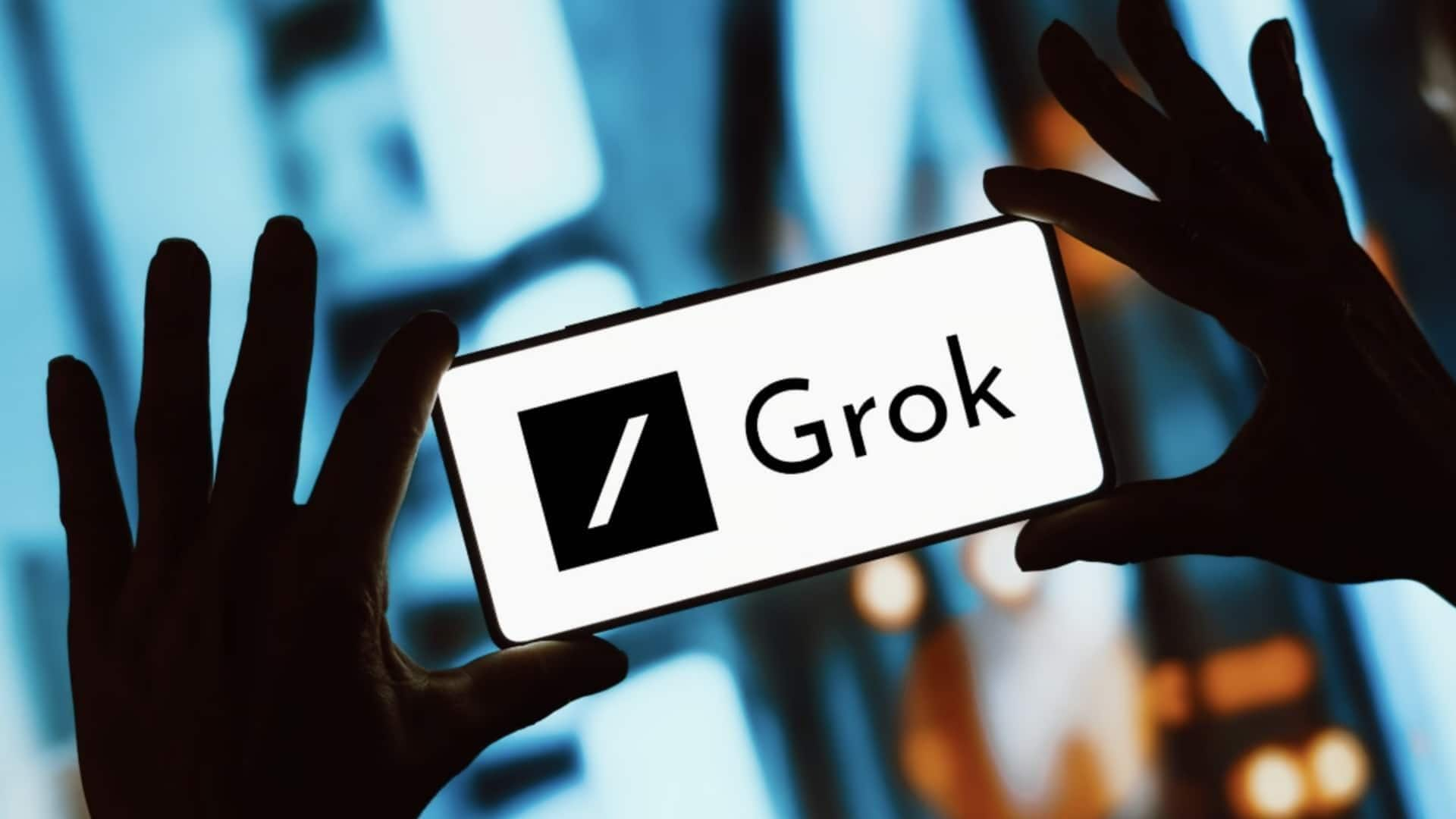
A scene from Argentinian-born, New York-based artist Mika Rottenberg's "Untitled Ceiling Projection" (2018) / Courtesy of the artist and Hauser & Wirth By Park Han-sol Mika Rottenberg’s bizarre creations tingle your senses in every possible way. Some dazzle your eyes with a kaleidoscopic blaze of tinsel and lights. Some make your nostrils twitch as you watch women and men endlessly sneeze out plates of pasta or slabs of meat from their Pinocchio-like noses.
Some send shivers down your spine with ASMR (autonomous sensory meridian response)-triggering sounds. And some make your skin prickle as random body parts frantically wriggle out from holes in a wall. Her nonsensical pieces offer an invitation to physically experience the human body and the repetitive labor it performs, revealing — without drawing any moral conclusions — how they are commodified, exploited and at times, unexpectedly empowered in the age of hypercapitalist mass production.
A scene from Mika Rottenberg's "Cosmic Generator" (2017) / Courtesy of the artist and Hauser & Wirth Mika Rottenberg's "Lips (Study #3)" (2016/19), left, "Finger" (2019) / Courtesy of Storage by Hyundai Card The Argentinian-born, New York-based artist brings her absurdist universe to Storage by Hyundai Card in Itaewon, central Seoul, for her first solo exhibition in Korea. “NoNoseKnows,” titled after Rottenberg’s centerpiece from the 2015 Venice Biennale, brings together films and kinetic sculptures spanning her 20-year career. Many of the works on exhibit resemble what she calls “fictional factories,” offering a behind-the-scenes peek into the imagined manufacturing of everyday goods and ingredients.
The result is an intriguing blend of documentary-like depictions of human labor on assembly lines and a surrealist carnival, where the mundane and the fantastical intertwine. In “Mary’s Cherries” (2004), women labor to produce maraschino cherries by harvesting and mashing their blood-red fingernails. In “Sneeze” (2012), men in business suits expel chunks of meat or live rabbits from their comically elongated noses.
A scene from Mika Rottenberg's "NoNoseKnows" (2015) / Courtesy of the artist and Hauser & Wirth The artist’s focus on ceaselessly laboring bodies — and their systemic exploitation — is further heightened in the titular “NoNoseKnows” (2015). This video alternates between two contrasting locations: a pearl-making facility in Zhuji, China, and an office set in New York. Despite the geographical distance, the workers toiling to farm cultured pearls in China and a besuited woman in a pollen-filled New York office, who produces one pasta dish after another with each sneeze, strangely appear to influence each other’s actions.
Together, they form a zany commentary on the global cycle of industrial production. This unlikely pairing of distant sites of material overproduction and consumption continues in “Cosmic Generator” (2017), which juxtaposes a restaurant in the Mexican city of Mexicali with a crammed wholesale market in Yiwu, China. And in “Spaghetti Blockchain” (2019), that sense of overstuffing even escalates into sensory overload.
Viewers are bombarded with flashing colors, surreal interiors of the world’s largest particle accelerator, the guttural voices of Tuvan throat singers and the ASMR-inducing sounds of sizzling and crunching objects. The Seoul exhibition also showcases Rottenberg’s latest lamp sculptures, “Lampshare," crafted from invasive bittersweet vines and discarded plastic waste. But their impact feels muted, overshadowed by the much more potent and overwhelming presence of the video works.
Installation view of Mika Rottenberg's "Spaghetti Blockchain" (2019) / Courtesy of Storage by Hyundai Card At a press preview on Monday, the artist shared that her practice is fueled by a fascination with “the way things are made ...
the forces that are behind the things that we consume and consume us in return.” Her use of absurdist humor to criticize accelerated capitalist production and overconsumption comes from a simple truth: “I recognize that I am a part of it.” For her, delivering a serious moral lesson in her art while being part of the very system she questions would feel inauthentic.
“So, humor is my way of dealing with this world.” “NoNoseKnows,” which opens on Wednesday, runs through March 2, 2025, at Storage by Hyundai Card. Installation view of Mika Rottenberg's "Lampshare" / Courtesy of Storage by Hyundai Card.








